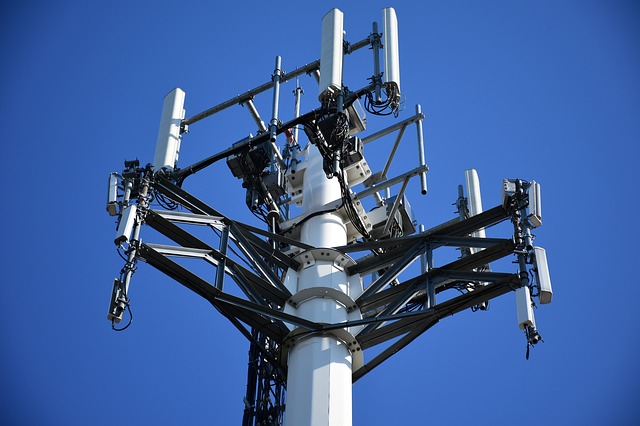This guide will explore those factors so you can make the most informed decision. After all, having a cell tower on your property may probably last decades.
If you are a landowner looking to have a cell tower built on your property, perhaps you may want to consider a cell tower lease.
Whatever the case may be, it is essential to know what determines cell tower lease rates and the implications involved with a cell tower lease buyout.
What determines Cell Tower rental rates?
Property owners who are new to negotiations will generally have the perspective that cell towers and properties are the same. After all, both take into account it’s quality, size, location, and competition; however, this is where the comparison ends.
There are additional elements to a cell tower such as technology, legality, cell tower placement and wireless carrier interest. A cell tower site is only a single component of a cellular network which is responsible for providing to a large area of mobile customers.
The type of cell tower and location will inevitably play a significant role in determining its rent. Rooftop cell sites will on average pay more than raw land sites as the construction of cell tower is not required. Rooftop sites will save on material and labour costs as towers do not need to be built and maintained. Other costs include FAA lighting, liabilities, insurance and many more.
Locations for Rooftop sites will generally be in metropolitan areas. Wireless carriers in a city, for example, will have many tall buildings to select from, which is preferable for better coverage.
Raw site locations like the city outskirts will generally provider lower cell tower rental rates than their rooftop counterparts. Due to the smaller population living in the area, supply and demand for cellular coverage will be lower. With less coverage needed, it will probably not be a top priority location for cell tower companies.
Lease Duration
The general duration of a lease will begin with a term of 5 years. Should a landowner decide to renew the contract once the term expires, an extension can be made with another five years. When continuing this process of adding five-year extensions, it will eventually stop at 30 years. However, you can also agree to a duration of 30 years in one term at the beginning of a lease.
It is essential to know while you will receive income over this period there are important factors to consider.
Technology is always changing at a rapid speed, and cell tower technology is no exception. As time goes on, it’s possible that your cell tower could lose financial value, or at the very worst be made redundant to cell wave carriers.
Other reasons that could devalue your cell tower is the rate of supply and demand in the area and new governing policies. Inflation rates may also change substantially over a 30 year period which decreases your rental income over time.
Contract pitfalls and Cell Tower Lease Buyouts
When negotiating with wireless carriers and tower owners, you will undoubtedly encounter potential pitfalls which can be easily overlooked. For example, there may be a clause in the contract which states that wireless carriers can leave the contract prematurely and with short notice.
Once they exit the contract, they may also be allowed to leave their unwanted belongings such as fencing, conduits and other pieces of unwanted equipment. Potential obstructions and visual eyesores may devalue the price of the property.
A more severe pitfall property owners fail to anticipate is ‘The Right of First Refusal’ (ROFR) clause.
The ROFR allows the cell tower owner or wireless to match or exceed offers made for a landowners property or cell tower lease agreement from interested third-parties. Basically put, if an owner wishes to sell their property or lease, they have to offer it to the cell tower owner or wireless carrier first.
When a landlord plans to sell, allowing this clause in the contract will devalue the lease agreement. A lease buyout company will initially review the contract to see if the ROFR exists, so they know if the tower owner will be informed and allowed match the offer.
Cell tower owners or wireless carriers don’t have to bid with lease buyout companies as they can simply wait for the final proposal and choose to match it.
Unfortunately for most property owners during negotiations, the removal of a ROFR is unlikely. Cell tower companies and wireless carriers will insist on keeping it in the contract. Landlords with unique and more valuable cell tower locations, however, will more negotiation power.
If there is an agreement for a ROFR, it is imperative that it only applies to the sale of the lease and not the sale of the actual property. Tower companies may try to include a clause that introduces a set of different terms and conditions that doesn’t have to match the current offer presented.
This clause may state that they can purchase your property on a square foot basis. A square foot basis price will have an entirely different value than a potentially much higher offer that was previously given.



